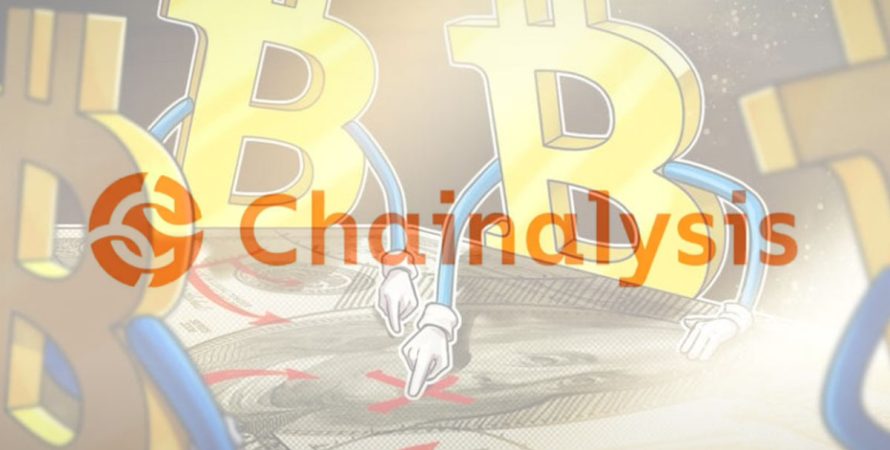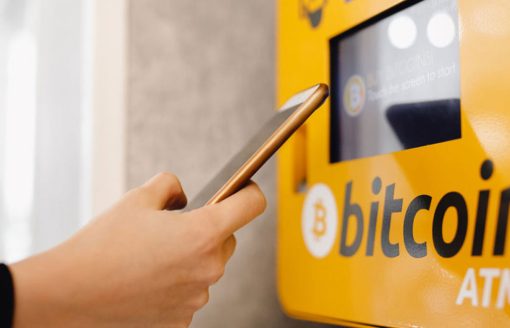Blockchain-data analytics company Chainalysis has announced an accelerated launch of two sanctions screening tools, an on-chain oracle, and an API, to help provide greater regulatory oversight to exchanges and DeFi projects.
Blockchain-data analysis firm Chainalysis has announced the fast-tracked launch of two primary ‘sanctions screening’ tools that it will provide free of charge to the cryptocurrency industry.
According to the report provided by Chainalysis on March 10, the screening tools include two main components of new tracking software that will assist exchanges in screening wallets and transactions for activity that appears to be skirting economic sanctions. The first tool, which is immediately available, is an on-chain oracle.
An on-chain oracle is a smart contract aimed more specifically at DeFi (decentralized finance) projects. It validates whether or not a cryptocurrency wallet address has been included in a sanctions designation. This means that all wallets included on economic sanctions lists provided by the US, the EU and the UN will be automatically available to anyone running the oracle.
The second tool, which is scheduled for release next month, is an application programming interface (API). An API uses the exact same data as the on-chain oracle to validate whether a wallet is included on any sanctions list, however, it is designed for use on a much broader variety of applications, including centralized crypto exchanges and mobile user interfaces.
Speaking on the importance of transparency in cryptocurrency, co-founder and CEO of Chainalysis, Michael Gronager said in a statement,
“Now is the time for the industry to demonstrate that blockchains’ inherent transparency make cryptocurrency a powerful deterrent to sanctions evasion.”
He added that Chainalysis has accelerated the development of its screening tools and would be releasing them to anyone in the crypto industry free of charge.
“In anticipation of ongoing sanctions, we’ve prioritized the development of these tools so that all cryptocurrency market participants have what they need to harness this transparency and conduct basic sanctions screening at no cost to them.”
Chainalysis continued to state that it would be focusing more attention on monitoring and scrutinizing transactions in the growing DeFi sector.
“Many decentralized protocols and platforms that have more recently grown in popularity do not incorporate tools that allow for effective management of sanctions risk.”
Currently, users of DeFi platforms can operate with more anonymity than centralized exchanges, which tend to have more strict identity verification protocols in place such as KYC.
US-based cryptocurrency platform, Coinbase has further supported the idea that the inherent transparency and public nature of cryptocurrencies can actually assist governments in enforcing sanctions.
Where traditional fiat currencies allow bad actors to use shell companies, tax havens, and opaque ownership structures to “obscure the movement of funds”, crypto assets are fundamentally public and traceable, which helps governing authorities “detect and deter evasion adds” said Coinbase chief legal officer Paul Grewal in a blog post earlier this week. ![]()
Please Read Essential Disclaimer Information Here.
© 2024 Crypto Caster provides information. CryptoCaster.world does not provide investment advice. Do your research before taking a market position on the purchase of cryptocurrency and other asset classes. Past performance of any asset is not indicative of future results. All rights reserved.
Contribute to CryptoCaster℠ Via Metamask or favorite wallet. Send Coin/Token to Addresses Provided Below.
Thank you!
BTC – bc1qgdnd752esyl4jv6nhz3ypuzwa6wav9wuzaeg9g
ETH – 0x7D8D76E60bFF59c5295Aa1b39D651f6735D6413D
MATIC – 0x7D8D76E60bFF59c5295Aa1b39D651f6735D6413D
LITECOIN – ltc1qxsgp5fykl0007hnwgl93zr9vngwd2jxwlddvqt






